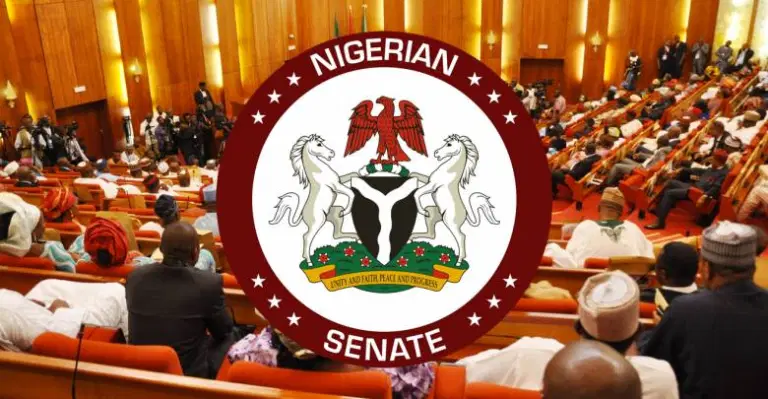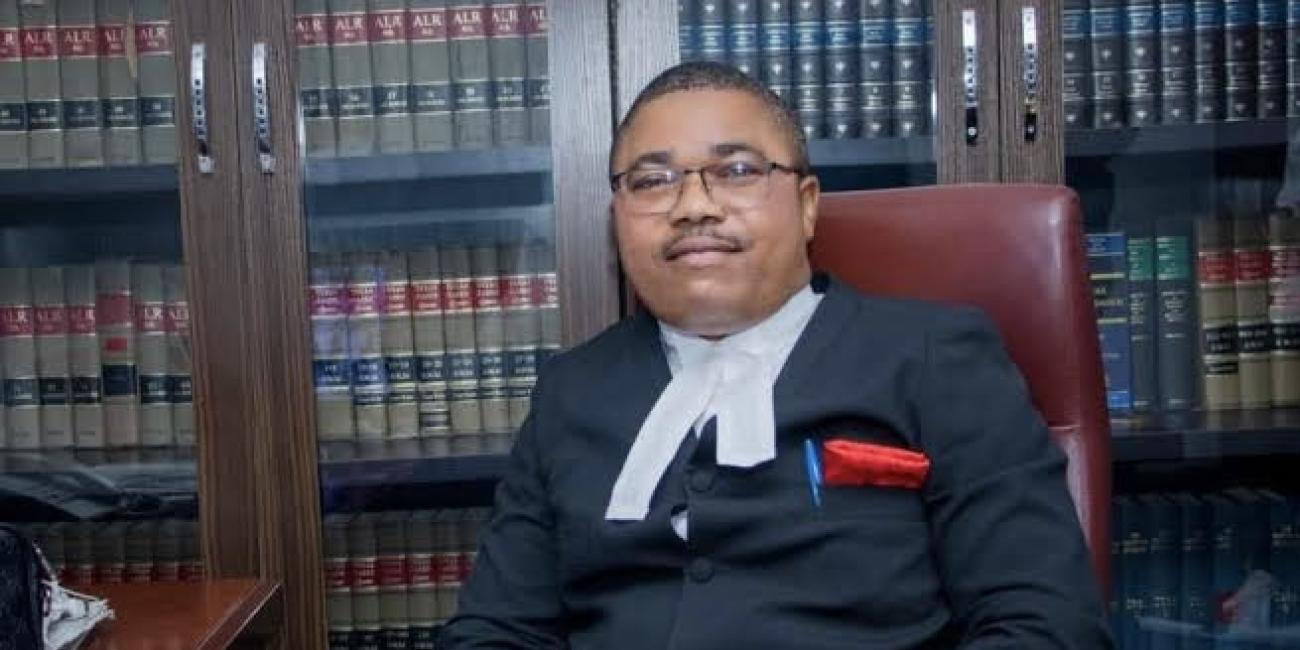A growing number of Nigerians, including legal experts, political analysts, civil society leaders, and traditional authorities, are calling for a constitutional amendment to establish a single six-year term for the President and state governors. The idea, which has resurfaced amid ongoing constitutional review discussions, is generating widespread debate across the country.
Proponents of the reform argue that Nigeria’s current two-term, four-year structure fuels wasteful campaign spending, weakens governance, and encourages the abuse of state resources. A single, non-renewable six-year term, they say, would encourage leaders to focus on delivering real results rather than scheming for re-election.
Attorney Saint Moses Eromosele believes a single term would bring stability and reduce political distractions. “It gives room for focused leadership,” he said. “Re-election campaigns disrupt governance and encourage financial abuse.”
The Coalition of Northern Groups (CNG) echoed this view, with National Coordinator Jamilu Aliyu Charanchi stating that “the desperation for a second term has turned institutions into campaign tools.” He believes a single term would reduce political tension and save billions in campaign costs.
Tribal leaders from Benue State say the change is long overdue. According to Chief Barber Ihagh, a six-year non-renewable term would ensure governors and presidents focus on service delivery rather than re-election.
Civil society advocate Dickson Sule also supports the reform, saying it will cut election costs and reduce pressure on the electoral system. Media expert Isaac Abaa added that “second-term ambitions suffocate the first term,” urging reform to prioritize development over politicking.
Academician John Farinola agreed, arguing that money plays a damaging role in elections and a single term would reduce its influence. Former Ijaw Youth Council President Eric Omare emphasized that six years is enough to make a meaningful impact, while activist Blessing Adima highlighted the fairness and ethnic inclusiveness such a system could offer.
However, not everyone is on board. Critics say removing the incentive of re-election could lead to unchecked power, impunity, and a lack of accountability.
Lawyer Henry Ogunbiyi warned that while a single term might reduce distractions, it won’t solve deeper issues like electoral violence and corruption without strong democratic institutions.
Arewa Youth Assembly Speaker Muhammad Salihu Danlami argued that re-election pressure forces leaders to at least attempt visible projects. “Without that, most would just loot,” he said.
Anthony Sani, former Secretary-General of the Arewa Consultative Forum, said, “With no reward for good performance, single terms might make leaders less motivated.” He recommends barring incumbents from electioneering while in office instead.
Other voices, like Rev. Biereonwu Onuagha, Joseph Ambakederimo, and Alagoa Morris, argued that term length is not the issue, corrupt governance culture and weak institutions are.
Abagun Kole Omololu of Afenifere called the single-term idea “a red herring,” pointing to Mexico and the Philippines as cautionary tales. “The real issue is unrestrained access to public wealth and lack of accountability,” he added.
Hon. Steve Otaloro, media director for the APC in Ondo State, said a four-year renewable term promotes accountability. “With re-election on the line, leaders are forced to perform or lose power,” he argued.
While voices across the political spectrum remain divided, one thing is clear: the push for a six-year single term is stirring a deeper conversation about Nigeria’s political system, leadership quality, and institutional strength.
The proposal may not be a silver bullet, but it has amplified calls for reforms that go beyond tenure—demanding transparency, electoral integrity, and public accountability at every level of governance.





